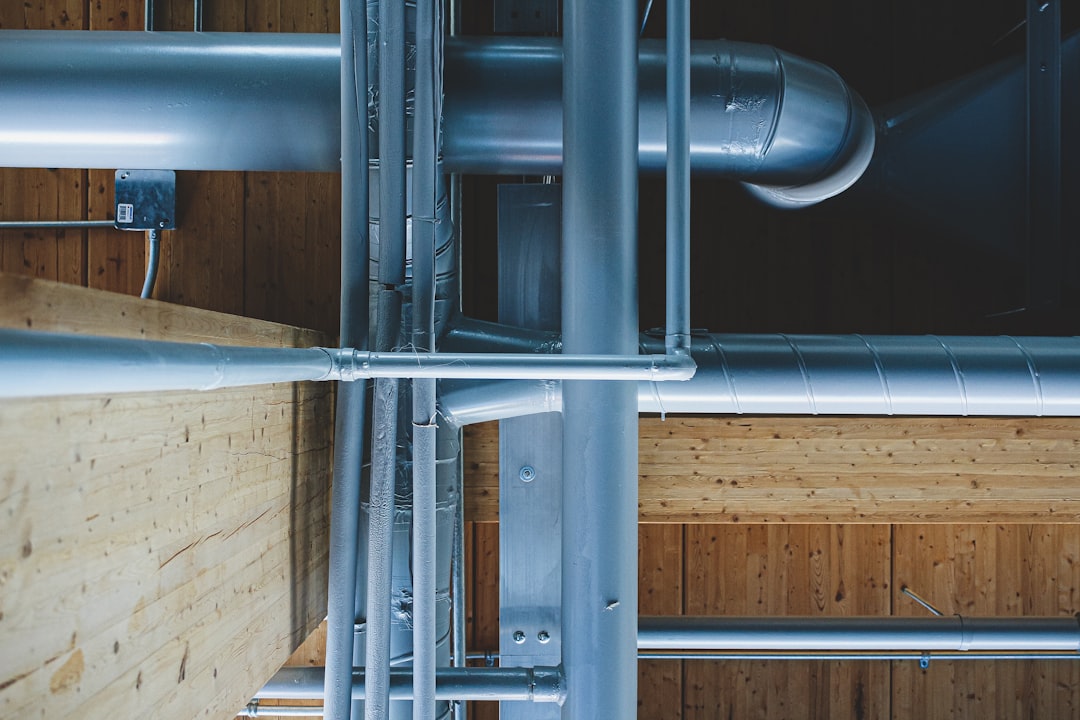Water Heater Installation Cost in NJ: A Professional Guide
Price source: Costs shown are derived from our proprietary U.S. construction cost database (updated continuously from contractor/bid/pricing inputs and normalization rules).
Eva Steinmetzer-Shaw
Head of Marketing
Understanding Water Heater Installation Costs in NJ
For construction professionals in New Jersey, understanding the true cost of water heater installation is crucial. The typical price range for installation is between $1,505 and $4,210, depending on various factors. This guide breaks down these costs and provides insights into accurate estimating to avoid overbudgeting.
Average Price Range Across New Jersey
Based on extensive data, the cost of water heater installation in NJ generally falls between $1,505 and $4,210. This range is influenced by several factors, which are essential for professionals to consider when planning projects.
Key Cost Drivers
- Equipment type: Traditional tank units start around $600, while high-efficiency tankless models can exceed $2,205.
- Capacity & demand: A 40-gallon gas tank is less expensive than an 80-gallon electric hybrid but may not suffice for larger needs.
- Fuel source: Natural gas is common, but propane and electric options can alter venting and wiring costs.
- Venting & code compliance: NJ's Uniform Construction Code affects labor hours due to specific vent clearances.
- Location complexity: Basements may require additional piping compared to garage installations.
- Permit & inspection fees: Typically $50–$150, included in estimates.
Breakdown of Typical Installation Tasks
- Site assessment and utility shut-off.
- Drain-down and removal of old unit.
- Upgrade supply lines per code.
- Set and level new heater.
- Venting and back-draft testing.
- Startup and calibration.
- Permit close-out.
Why Accurate Takeoffs Matter
Accurate takeoffs prevent costly change orders. Using AI, professionals can ensure complete material lists, enhancing productivity.
Real-Time Estimating Workflow
- Describe the project scope over the phone.
- Receive instant line items with current NJ rates.
- Adjust estimates for different models or features.
- Generate a proposal ready for e-signature.
Cost-Saving Tips for Professionals
- Schedule installations during off-peak seasons.
- Bundle plumbing upgrades for efficiency.
- Utilize factory rebates on ENERGY STAR units.
- Consider power-vented tanks for chimney issues.
Case Study: Middlesex County Tankless Upgrade
A contractor used AI estimates to replace a 40-gallon tank with a tankless model, achieving a cost within 2% of the prediction.
Frequently Asked Questions
How long does a typical install take?
3–4 hours for tank replacements; 6–8 hours for tankless conversions.
Do I need a permit?
Yes, NJ requires permits for installations.
Can I supply my own heater?
Yes, but contractors may offer better pricing.
Move from Ballpark to Bullseye
For contractors and professionals, accurate estimates are essential. Use AI to ensure precise water heater installation costs in NJ.
Start a live session or upload plans at CountBricks.com.
Streamlining Your Next NJ Install
CountBricks offers more than just accuracy. By integrating every project phase, we provide a seamless experience for contractors and homeowners.
Integrated Scheduling and Task Management
- Auto-generate task lists and assign to crews.
- Send calendar invites and reminders to homeowners.
- Ensure code compliance with mobile checklists.
Real-Time Supplier Sync
- Access daily pricing from regional wholesalers.
- Receive stock level alerts to avoid delays.
Instant Change Order Approval
- Technician identifies issues and updates the app.
- Homeowner approves changes via phone.
- Material lists update automatically.
Protecting Your Margin
- Maintain profit with automatic markup settings.
- Offer equipment tier comparisons for upsells.
- Provide financing options to ease costs.
Close-Out and Documentation
- Generate completion packets post-inspection.
- Provide homeowners with secure document access.
Ready for Precise Installs?
Water heater installation in NJ should be straightforward. CountBricks ensures speed, accuracy, and transparency. Book a demo or start a trial at CountBricks.com.

